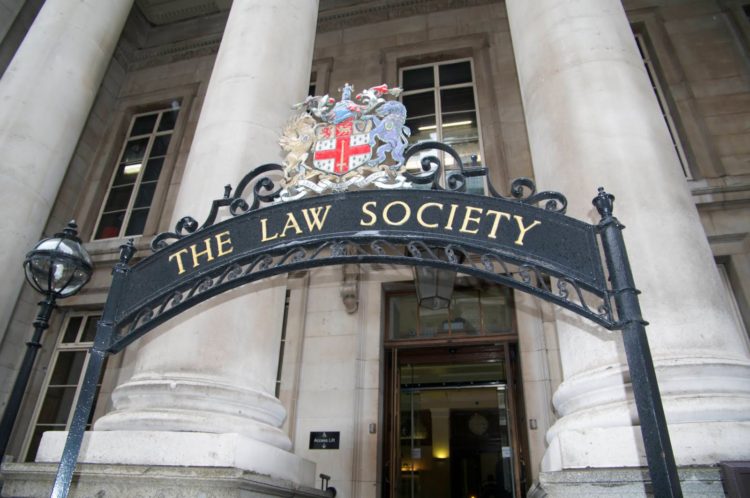By Lucy Caulkett-
The Law Society has dismissed the notion of common law marriage as a legal myth.
In a statement addressing the issue as part of valentine’s day, the Society said couples celebrating their relationships this Valentine’s will be be in for a nasty shock if they ever rely on their ‘common law’ marriage to reinforce their rights – because legally there is no such thing.
The original concept of a “common-law marriage” is a marriage considered valid by both partners, but which has not been formally recorded with a state or religious registry, or celebrated in a formal religious service. It involves couples representing themselves to others a parallel interpersonal status, generally refers to as “domestic partnership”, “registered partnership”, “conjugal union”. In reality, marriage has to be recorded with a state, even if not celebrated in a formal religious service, though the latter is the most conventional method of recognising marriage.
Law Society president, Christina Blacklaws said:
“‘Common law’ marriage is one of our most pervasive legal myths. “The term originates from when it was less socially acceptable for couples to live together and have children outside wedlock.
“‘Common law’ marriage is not legally recognised but couples across the UK mistakenly believe that long-term cohabitation leads to legal rights.”
“Couples in a ‘common law’ marriage often find the division of finances, debt and property can become complicated if they choose to separate or if one partner dies,” said Christina Blacklaws.
“If one partner dies without naming the other in their will, their estate will pass to their next of kin, usually a close family member, and their partner can be left without a legal claim to their partner’s estate and their shared home.
“Separation becomes even more complicated when children are involved and with more and more couples opting for cohabitation, it is vitally important to dispel the ‘common law’ myth.
“There are many options for cohabiting couples including cohabitation agreements, shared property ownership and updating their will to name their partner as a beneficiary.
“Long-term cohabiting couples and those considering moving in together should give their partner the gift of security this Valentine’s and seek legal advice to ensure they are protected.”
46% of people in England and Wales believe in ‘common law’ marriage, according to a recent survey on British attitudes towards common law marriage commissioned by the University of Exeter and carried out by the National Centre for Social Research.*
These statistics have remained virtually unchanged for the past fourteen years with the belief in ‘common law’ marriage particularly strong amongst households with children (55%) and those aged 25 to 64 (52%).*




